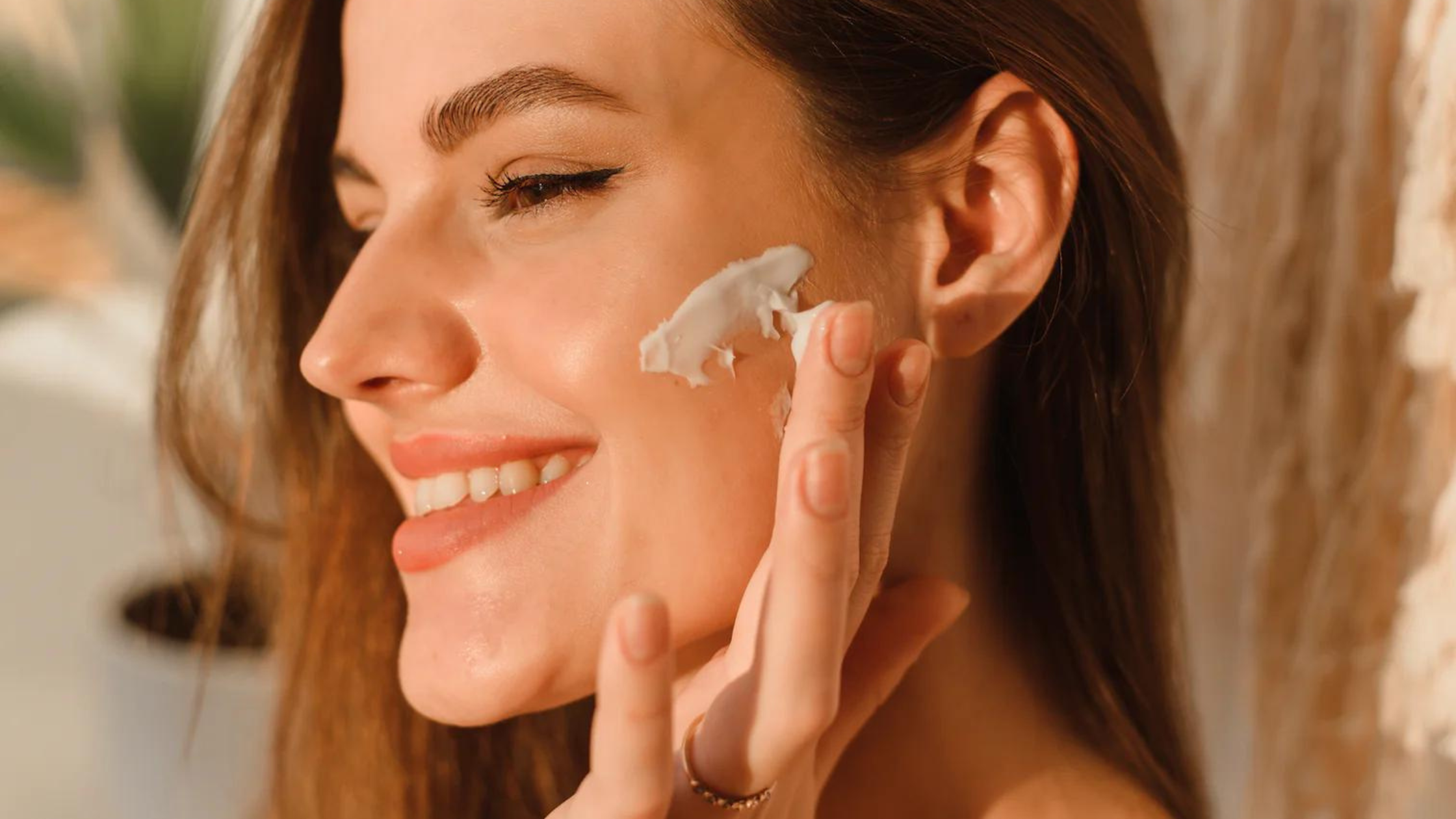If you're incorporating retinol into your skincare routine, you might wonder whether you should apply moisturizer after using retinol. The short answer is yes. But understanding the why and how can help you maximize the benefits of both products while minimizing any potential irritation. Let’s dive into the details and best practices for using retinol and moisturizer together.
Why Retinol Is A Skincare Essential
Retinol is a powerhouse ingredient known for its anti-aging and skin-renewing properties. It works by stimulating collagen production and accelerating cell turnover, which helps reduce fine lines, wrinkles, and improve skin texture (Duell et al., 1997). However, its effectiveness comes with a potential for irritation, which is why pairing it with a moisturizer is crucial.
Should You Apply Moisturizer After Retinol?
Yes, you should always moisturize after applying retinol. Moisturizer plays a huge role in your skincare routine, even outside of your retinol habits: it helps lock in moisture, protect the skin from environmental stressors, and soothe any irritation caused by active ingredients like retinol (Handler et al., 2022), helping mitigate dryness and flaking, and other common side effects of retinol.
Here’s a few reasons moisturizer specifically goes after retinol in your routine:
|
Hydration 💧 |
Retinol can be drying; moisturizer helps maintain the skin's hydration levels. |
|
Barrier Protection 🛡️ |
Moisturizers help strengthen the skin barrier, reducing irritation and sensitivity caused by retinol. |
|
Enhanced Absorption 🧽 |
Applying moisturizer can help seal in retinol, enhancing its absorption and effectiveness (Tucker-Samaras et al., 2009). |
How To Use Retinol & Moisturizer Together
Still figuring out your routine? Here’s a quick beginner’s guide:
- Cleanse: Start with a gentle cleanser to remove dirt and makeup.
- Toner: Remove any last traces of dirt, oils, etc. and restore the skin’s pH balance with a simple toner.
- Retinol: Apply a pea-sized amount of retinol to your face. If you're new to retinol, start with a lower concentration and gradually increase as your skin builds tolerance.
- Wait: Allow the retinol to absorb into your skin. Waiting 20-30 minutes can reduce the risk of irritation.
- Moisturize: Apply your moisturizer to lock in hydration and soothe the skin.
When To Use Moisturizer Before Retinol
In some cases, using a moisturizer before retinol can help reduce irritation. This is known as the "retinol sandwich" method. It involves applying a layer of moisturizer, then retinol, and another layer of moisturizer. This technique can be especially helpful for those with sensitive skin or when starting with retinol (Szymański et al., 2020).
The Retinol Sandwich
|
moisturizer |
|
retinol |
|
moisturizer |
Why Retinols Aren’t For Everyone
While retinols are celebrated for their powerful anti-aging and skin-renewing properties, they aren't suitable for everyone. Many individuals experience irritation, dryness, redness, and peeling when using traditional retinols, particularly those with sensitive skin. Additionally, retinols can make the skin more susceptible to sun damage, requiring strict adherence to sun protection.
For those who find these side effects too harsh or have specific skin concerns that contraindicate retinol use, gentler alternatives that offer similar benefits without the drawbacks are a preferable option. This is where Rejuvaskin’s innovative solutions come into play.
Rejuvaskin's Retinoid System: Featuring Tri-RetinX
Rejuvaskin offers a gentle yet effective retinol alternative with its Tri-RetinX Complex. This blend includes HPR, Bakuchiol, and Sea Fennel, providing all the benefits of traditional retinoids without the irritation (Handler et al., 2022). Our Retinoid Face Serum and Retinoid Eye Cream are part of this innovative line, designed to be suitable for even the most sensitive skin types.
Rejuvaskin Retinoid Face Serum
This serum is formulated to restore youthful vibrance by diminishing fine lines and wrinkles while deeply nourishing the skin. It combines the Tri-RetinX Complex with antioxidants like White and Green Tea, and hydrating Hyaluronic Acid to provide a comprehensive anti-aging treatment.
Designed for the delicate eye area, this cream addresses dark circles and puffiness while maintaining hydration. The Tri-RetinX Complex works alongside ingredients like Aquacell and Avocado to reduce fine lines and promote a smooth, bright appearance.
The Final Word on Retinol and Moisturizer
Applying moisturizer after retinol is essential to maintain skin hydration, reduce irritation, and enhance the effectiveness of your skincare routine. Rejuvaskin's gentle retinol alternatives, featuring the Tri-RetinX Complex, offer a soothing and effective way to incorporate retinoids into your regimen. Whether you're new to retinol or have sensitive skin, moisturizing after retinol can help you achieve a healthy, radiant complexion.
References
Duell, E., Kang, S., & Voorhees, J. (1997). Unoccluded retinol penetrates human skin in vivo more effectively than unoccluded retinyl palmitate or retinoic acid. The Journal of Investigative Dermatology. Link.
Handler, M., Adams-Woodford, A., Ayres, P., Giancola, G., & Díaz, I. (2022). Facial aging improvement case study using a novel combination of retinol, niacinamide, and Terminalia Chebula. Journal of Drugs in Dermatology. Link.
Szymański, Ł., Skopek, R., Palusińska, M., Schenk, T., Stengel, S., Lewicki, S., Kraj, L., Kamiński, P., & Zelent, A. (2020). Retinoic acid and its derivatives in skin. Cells. Link.
Tucker-Samaras, S., Zedayko, T., Cole, C., Miller, D., Wallo, W., & Leyden, J. (2009). A stabilized 0.1% retinol facial moisturizer improves the appearance of photodamaged skin in an eight-week, double-blind, vehicle-controlled study. Journal of Drugs in Dermatology. Link.





















Leave a comment